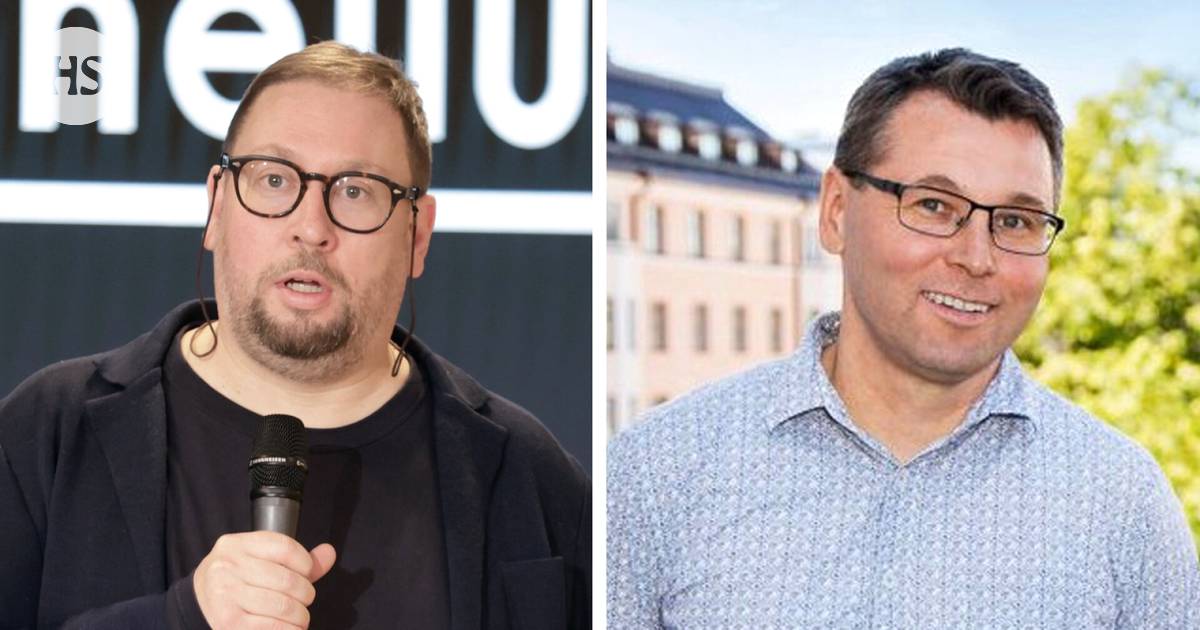The criticism of the former youth worker who moved to Somaliland is recognisable, says director of youth affairs Mikko Vatka.
Helsinki deputy mayor responsible for youth work Paavo Arhinmäki recognizes the criticism of the lack of resources for youth work. Arhinmäki also strongly criticizes the fact that young people with an immigrant background are compartmentalized as one group.
In an interview with HS A former youth worker and actor who moved to Somaliland Omar Abdi told how in youth work and in Finnish society, young people with an immigrant background were classified as one group and not treated as individuals.
Abdi worked for twenty years as a youth worker before he decided to return to Somaliland due to his own health.
According to his experience, the worst turn happened during the corona period, when the mayor Jan Vapaavuori communicated that the coronavirus spread especially in the Somali community. The Somali youths told Abdi that when they saw them, people ran away from them on the bus or out of the store.
After the pandemic, talk about youth gangs and Sweden's way intensified, and the talk of concern has continued to this day.
Arhinmäki considers the discussion related to street gangs very stigmatizing. The majority of young people in Helsinki are doing very well. Then there is a small group of young people who have real problems with drugs and crime.
“It is very stigmatizing to talk about young people who speak foreign languages as if they were one group. About 20 percent of the young people in Helsinki have a foreign language background, and you have to understand that they are a natural part of this city,” says Arhinmäki.
According to Arhinmäki, Abdi's criticism of youth work resources has been recognized, and youth work resources have been increased over the past couple of years.
In the most recent salary development program, the salaries of youth counselors are increased, and in this year's budget, among other things, school youth work has been established and the number of youth counselors has been increased.
Foreign speakers However, recruitment for youth work in Helsinki does not depend only on the will of the city.
Director of Youth Affairs Mikko Vatka has stated that there have been significantly fewer applications for vacant youth worker positions than in previous years. The labor shortage can also be seen in this sector.
“Youth work doesn't have the same kind of staff shortage as there is in health and social care professions or early childhood education. Yes, we have filled all open positions. However, the number of applicants has decreased.”
In Helsinki, there would be a need to hire especially second-generation immigrants.
Whisk says that he read Abdi's interview carefully, and recognizes the pain points he talks about.
“He has been our long-term and valued employee. What Omar says is listened to with a sensitive ear.”
Vatka believes that the problems faced by young people with immigrant backgrounds cannot be separated from the larger social framework. It's about how Finnish society knows how to separate individuals or the problems of a small group within a large group.
#Youth #work #Arhinmäki #It39s #stigmatizing #talk #young #people #speak #foreign #languages #group




/s3/static.nrc.nl/wp-content/uploads/2024/04/web-2704buiom-fahed.jpg)




